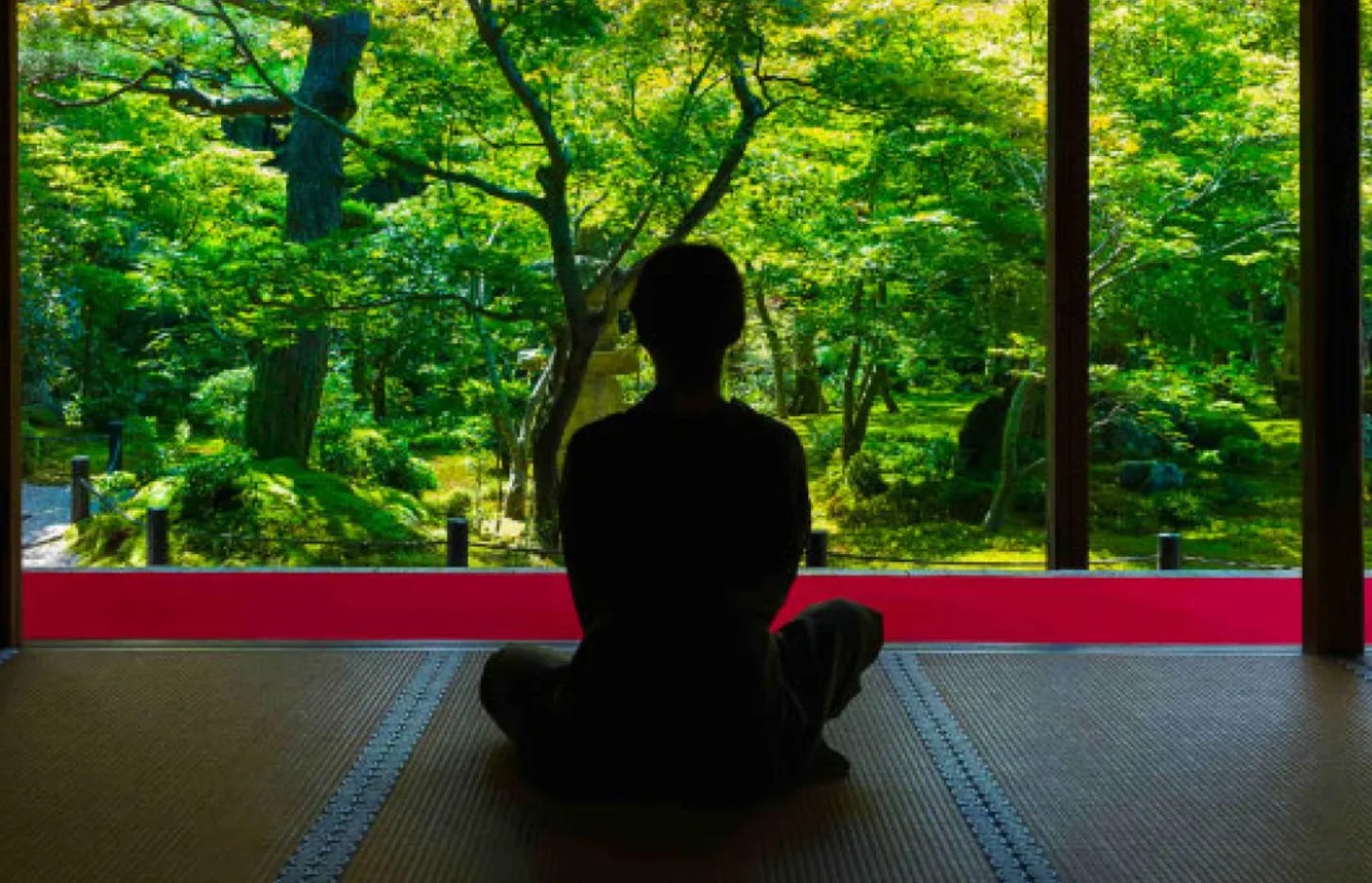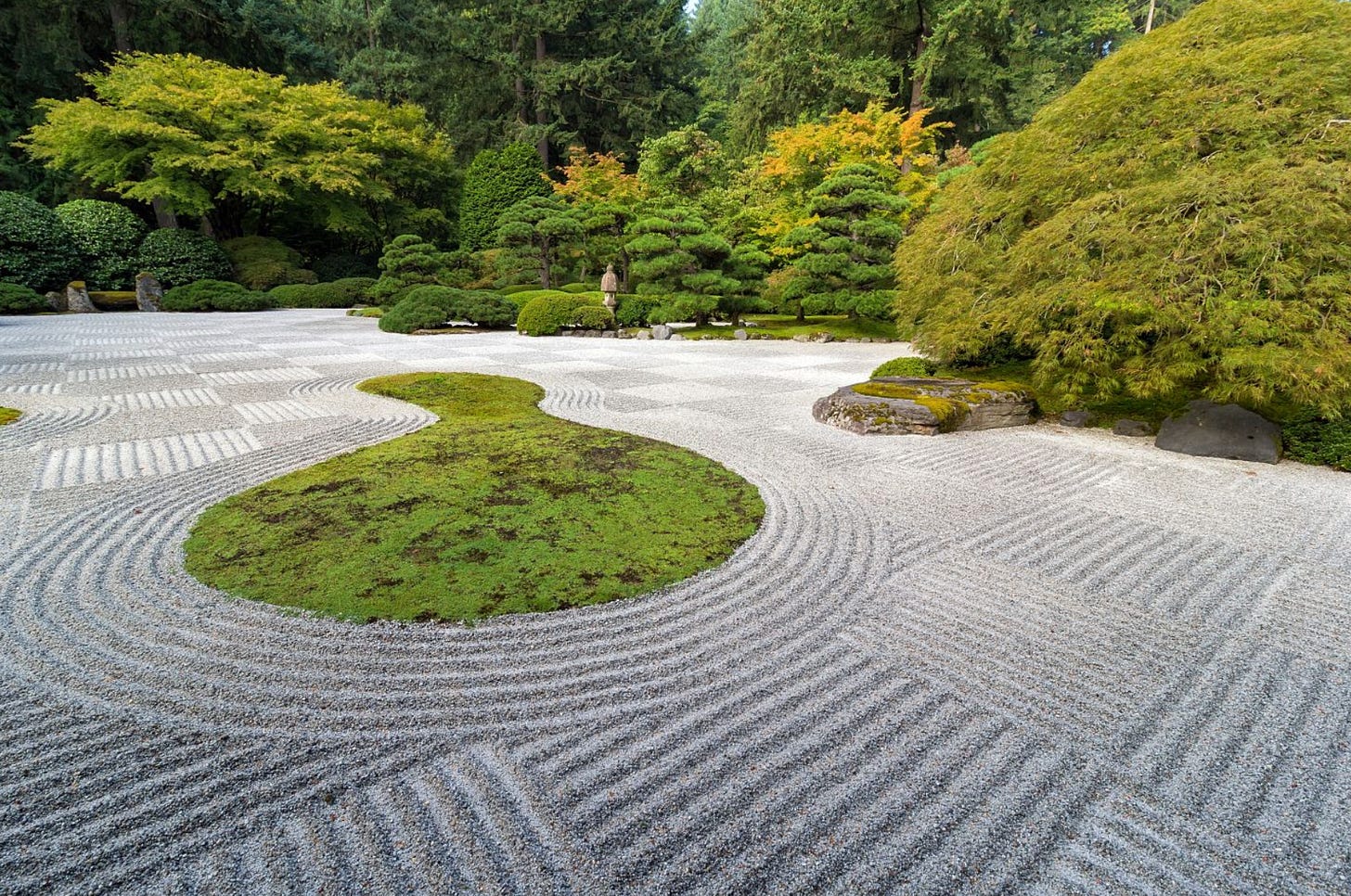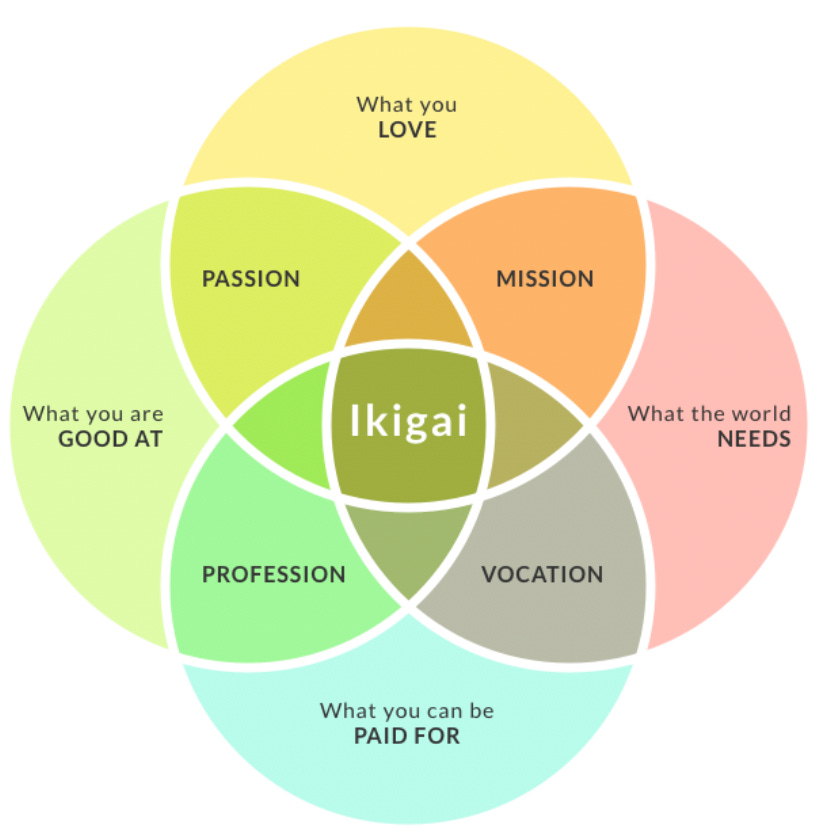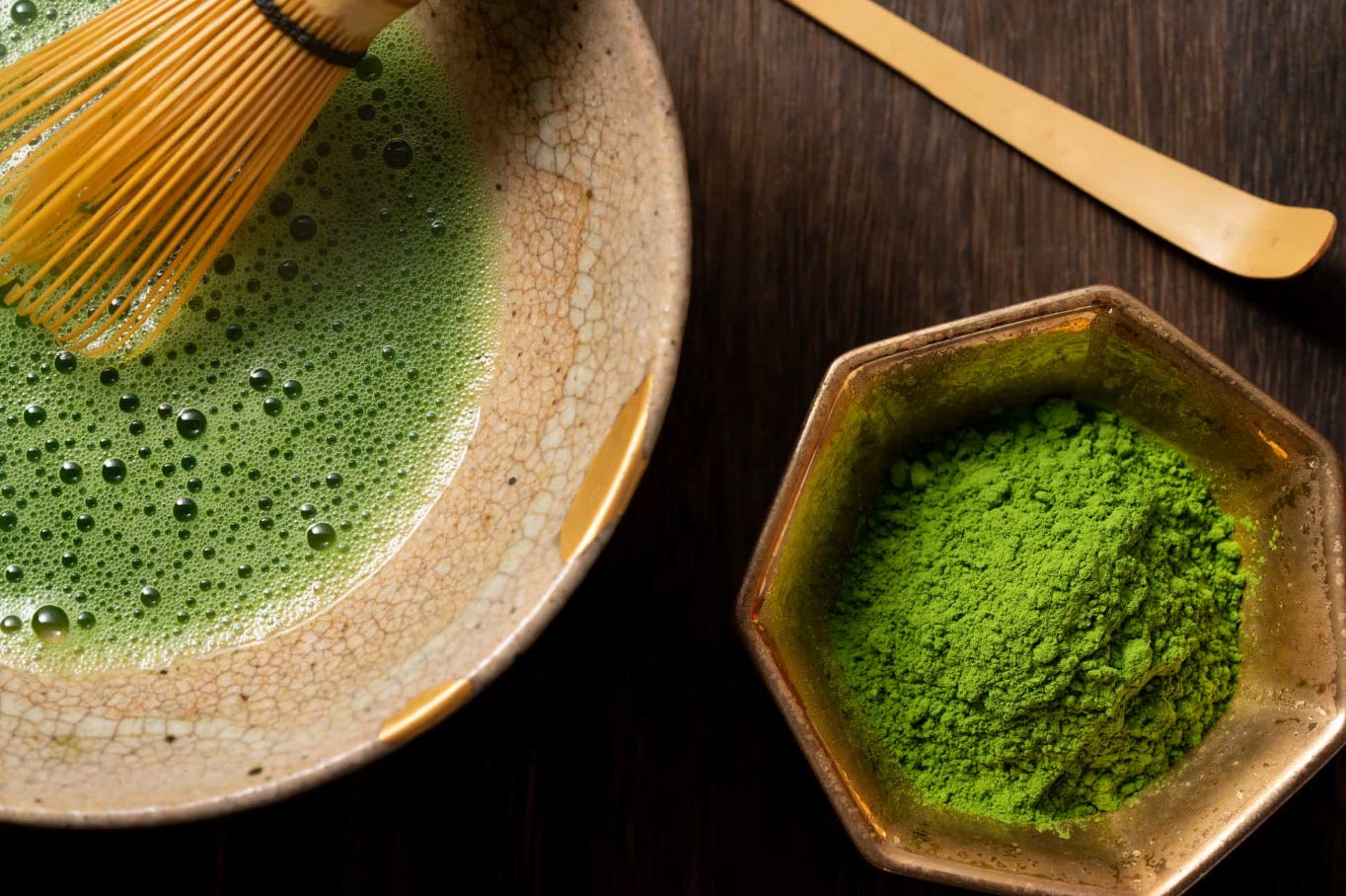The Timeless Wisdom of Japan: Words That Shape a Fulfilling Life
Discover 6 profound Japanese philosophies and how they inspire a balanced, meaningful life
The Timeless Wisdom of Japan
As a Japanese person living in a foreign country, I’ve often been asked about unique Japanese words that capture people’s hearts. Sometimes, I even spot Japanese words written in kanji on signs or products while walking through town. It’s in these moments that I realize just how deeply our language reflects our lifestyle and worldview. Words like Zen, Wabi-Sabi, and Ikigai aren’t just linguistic expressions—they’re windows into a philosophy of life. They reveal how we see beauty, how we pursue purpose, and how we navigate challenges.
Japan isn’t just about food, cherry blossoms, or neon lights. It’s about these profound ways of thinking that subtly guide our everyday choices. When you visit Japan, you’ll have the chance to experience these values firsthand—through our traditions, our daily rituals, and even through casual conversations with locals.
Now, let’s dive into seven profound Japanese words that carry timeless wisdom.
The 6 Profound Japanese Words and Their Deeper Meanings
1. Zen (禅)
Zen is more than just a school of Buddhism; it's a way of life. Rooted in mindfulness and meditation, Zen encourages living in the moment and appreciating simplicity. In Japan, you can experience Zen through meditation sessions at temples or simply by observing the serene design of Zen gardens.
Why it matters: Mindfulness reduces stress, improves mental clarity, and fosters emotional balance.
Experience it in Japan: Try a meditation retreat at Kyoto's famous Zen temples.
Zen isn’t just about sitting cross-legged in silence; it’s about integrating mindfulness into everyday tasks. From sipping tea with focus to arranging flowers with intention, the essence of Zen can be felt in seemingly ordinary moments. It’s a philosophy that teaches us to strip away excess and focus on what truly matters.
2. Wabi-Sabi (侘寂)
Wabi-Sabi represents the beauty in imperfection and impermanence. It’s a reminder that flaws and natural cycles are not just acceptable but beautiful.
Why it matters: Embracing imperfection can reduce anxiety and promote acceptance.
Experience it in Japan: Visit traditional tea houses where Wabi-Sabi is reflected in rustic ceramics and aged wood.
In traditional tea ceremonies, every chipped tea bowl or slightly uneven glaze tells a story. Wabi-Sabi isn’t about pursuing flawlessness but about appreciating authenticity. The aged wood of a shrine, the asymmetry of handmade pottery, or the fleeting beauty of cherry blossoms—all embody Wabi-Sabi.
3. Kaizen (改善)
Kaizen means 'continuous improvement.' Originating in Japanese business culture, it's about making small, consistent changes to achieve long-term progress.
Why it matters: This philosophy can be applied to both work and personal growth.
Experience it in Japan: Notice Kaizen principles in Japanese customer service or manufacturing practices.
Kaizen is not limited to factories or corporate offices—it can be applied in daily life. Whether it’s organizing your home a little better each day, improving your diet step by step, or learning a new skill incrementally, Kaizen encourages sustainable growth rather than overnight success.
I still vividly remember one of my university professor repeatedly emphasizing the importance of Kaizen in studying. "Kaizen isn’t about sudden breakthroughs," he would say, "it’s about daily progress, no matter how small." His words have stayed with me, and I often find myself applying this mindset not just in academics but in every aspect of life.
4. Ikigai (生き甲斐)
Ikigai translates to 'reason for being' and is often described as the intersection of what you love, what you're good at, what the world needs, and what you can be paid for.
Why it matters: Finding your Ikigai can lead to a fulfilling and meaningful life.
Experience it in Japan: Reflect on your Ikigai while strolling through quiet countryside towns.
For many Japanese people, Ikigai isn’t a grand ambition but something simple—a morning cup of tea, tending a small garden, or spending time with family. It’s about finding joy and purpose in everyday moments, however small.
5. Ichigo Ichie (一期一会)
This phrase means 'one time, one meeting' and emphasizes the uniqueness and value of every encounter.
Why it matters: Appreciating every moment creates deeper connections and gratitude.
Experience it in Japan: Join a tea ceremony and feel the essence of Ichigo Ichie.
This philosophy reminds us to treasure fleeting moments and relationships. Whether it’s a shared smile with a stranger or a heartfelt conversation with a friend, Ichigo Ichie teaches us that every interaction is unique and irreplaceable.
6. Omoiyari (思いやり)
Omoiyari embodies empathy and consideration for others. It's about putting yourself in someone else's shoes and acting with kindness.
Why it matters: Fostering Omoiyari creates harmonious relationships and strong communities.
Experience it in Japan: Observe how locals interact with care and respect in public spaces.
From offering a seat to someone in need to leaving a note of gratitude, Omoiyari manifests in countless ways. It’s a reminder that small acts of kindness can create ripples of positivity.
Explore Japan Through Its Wisdom
Japan is often celebrated for its long and healthy lives, but the secret goes beyond just food or lifestyle—it’s deeply rooted in philosophies and ways of thinking that guide daily life. From the mindful calm of Zen to the quiet acceptance of Wabi-Sabi, these values shape not only personal well-being but also societal harmony.
While immersing yourself in these timeless teachings during your visit, don’t overlook another essential aspect of Japanese wellness: Ningen Dock. It’s a proactive approach to understanding your health and ensuring a fulfilling life.
For more information about Ningen Dock, please check the following Newsletter or contact me via our homepage if you're planning to visit Japan and are interested in taking one.
Stay Connected with Us!
✨ Subscribe now and embark on your journey into Japan’s wisdom and wellness! ✨









Thank you for expressing all these facets of Japanese life so beautifully and simply. 🌸
I throughly enjoyed reading your article! Simple concept but makes lots of difference to others. Waiting for your next article 😊